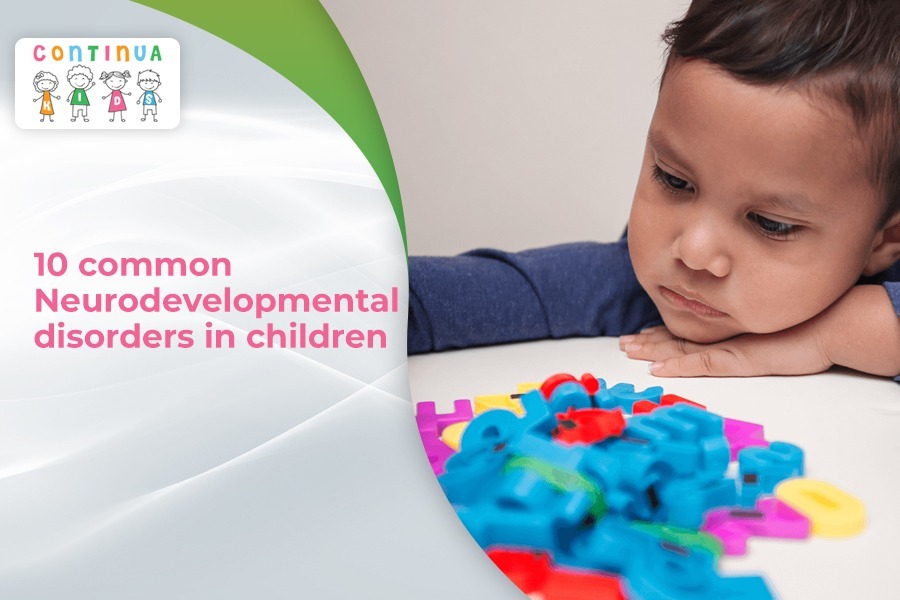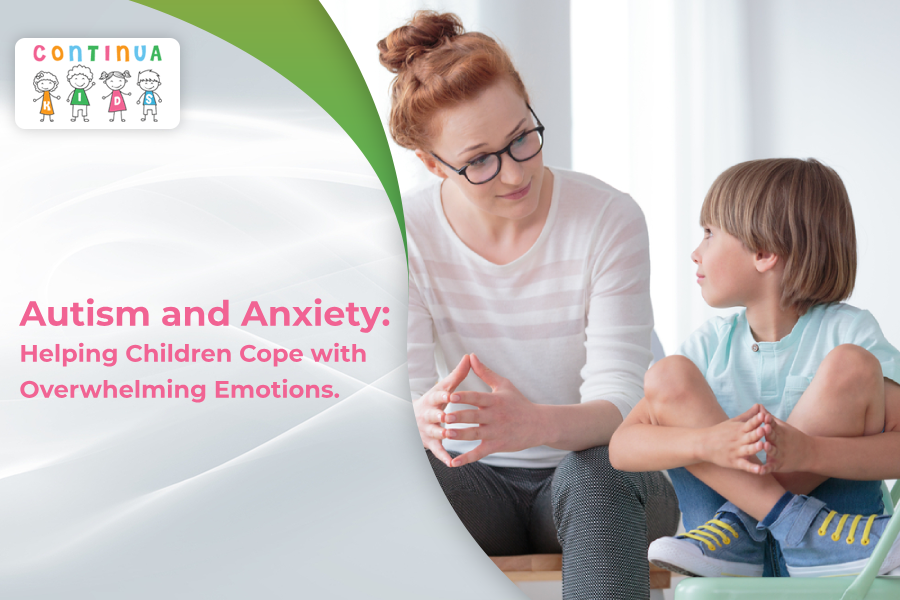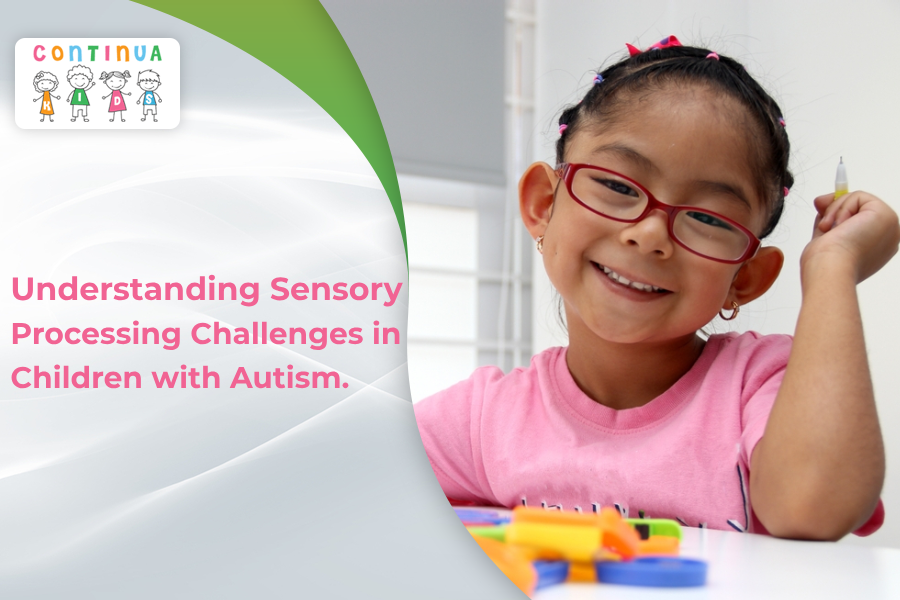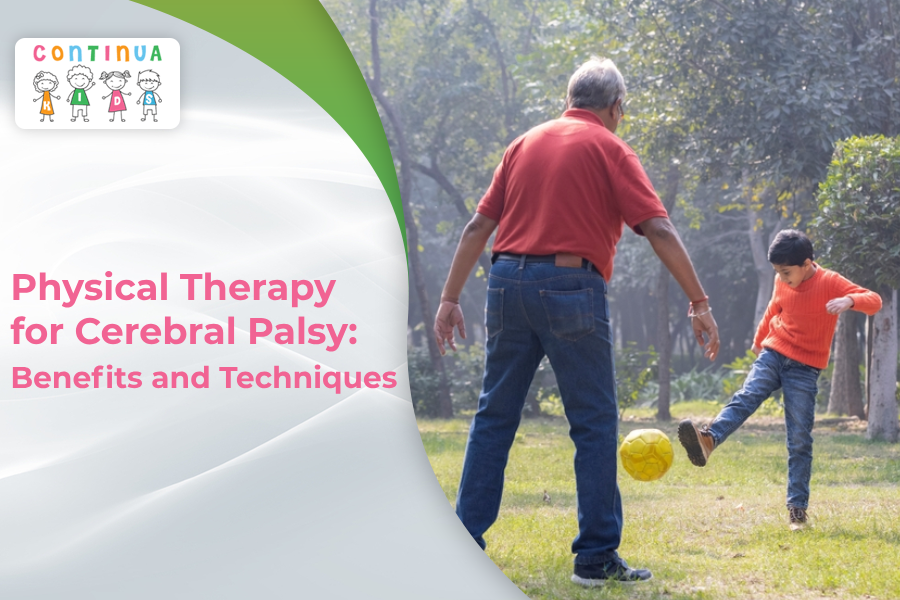Neurodevelopmental disorders are conditions that alter the functionality of your brain. Neurodevelopmental disorders include, for instance, autism, attention-deficit/hyperactivity disorder (ADHD), learning impairments, and intellectual disability. Many NDs are less well-known or the subject of less research. Language and speech, motor skills, behavior, memory, learning, and other neurological processes can all be difficult for kids with neurodevelopmental disorders.
Numerous neurodevelopmental disorders can be significantly influenced by genetics.
- Autism spectrum disorders (ASDs) – are a class of developmental abnormalities that are characterized by severe social, communicative, and behavioral difficulties. Although the precise cause is still being investigated, aggravating variables including excessive screen time and a lack of social connection during the formative years may make the symptoms worse.
- Attention Deficit Hyperactivity Disorder (ADHD): Children with ADHD may exhibit aggressive behavior, be unable to wait their turn, exhibit high levels of impulsivity, run around constantly, or be hyperactive. He might not be able to sit still for very long and would quickly get bored. Though not conclusive, this research has discovered that kids with ADHD typically struggle with specific problem-solving skills.
- Dyslexia- Another prevalent neurodevelopmental issue in youngsters that makes it challenging to spell, write, read, and comprehend clearly is dyslexia. Every person who has an illness will have a different combination of strengths and disadvantages.
- Dyscalculia (Learning Disabilities) – Learning disabilities are brought on by genetic and/or neurobiological factors that change how the brain functions, affecting one or more learning-related cognitive processes. It\’s crucial to understand that learning difficulties can have an impact on a person\’s life outside of school and in their interpersonal connections.
- Intellectual Disability (Mental Retardation)- The most common definitions of intellectual disability (also known as mental retardation) emphasize intellectual functioning that is below average before the age of 18. A person with mental retardation has an IQ of less than 70 and has problems with communication, self-care, daily living, and social or interpersonal abilities.
- Dyspraxia—A neurodevelopmental problem called dyspraxia makes it dangerous to coordinate muscular motions. Developmental coordination disorder (DCD), which can cause a variety of issues, is another name for dyspraxia. Playground activities including hopping, jumping, sprinting, and catching or kicking a ball can cause problems for kids.
- Cerebral palsy- One of the most well-known neurodevelopmental illnesses that affect children is cerebral palsy, which is also divided into different categories based on neurological symptoms. A person with cerebral palsy is unable to move, balance, and keep a good posture. Palsy refers to the condition where the patient has muscle weakness or functional issues.
- Retts disorder, a rare inherited neurological and developmental condition that interferes with normal brain development. With this disease, language and motor skills gradually deteriorate. For the first six months of life, the majority of infants with Rett syndrome appear to develop as normal.
- Asperger disorder- Poor social interactions, excitement, strange speech patterns, few or no facial expressions, and other weird behaviors are characteristics of Asperger\’s condition, often known as Asperger\’s Syndrome. Most diagnoses occur between the ages of 5 and 9, with many children receiving them after the age of 3. It may be brought on by a number of genetic, neurological, and environmental problems.
- Childhood disintegrative disorder: This condition affects children whose development is normal until age 3 or 4. They gradually lose previously learned verbal, motor, social, and other skills over the course of a few months. There is no known cause of childhood disintegrative disorder.
If your child is suffering from such neurodevelopmental disorders, it’s time for you to get expert care for your child. Get in touch with the expert pediatricians and doctors at Continua Kids who have vast experience in dealing with complex cases of neurodevelopmental disorders.




